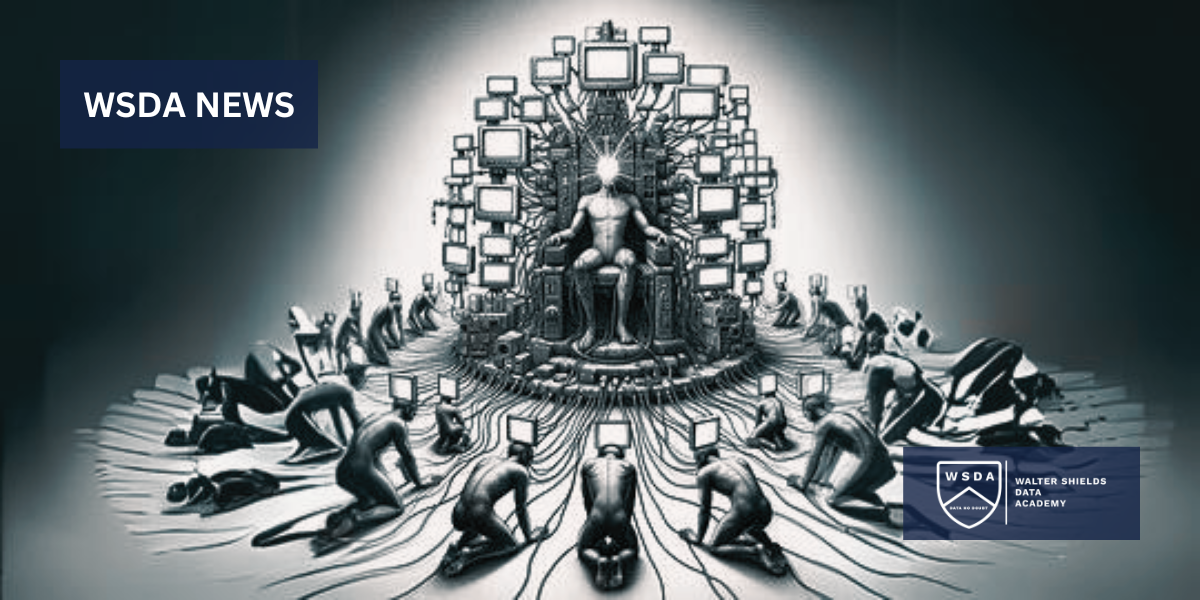The Unseen Risks of Over-Reliance on AI

In a world increasingly reliant on technology to perform everyday tasks, the phenomenon known as “skill erosion” is becoming a significant concern. From a tragic Air France disaster in 2009 caused by pilots’ over-reliance on autopilot, to a bus driver’s GPS mishap leading tourists astray by 1,200 kilometers, and a teenager wrongfully assessed as “high risk” by an algorithm in 2017, the examples are mounting. These incidents shed light on the darker side of our dependence on automation and AI, revealing a troubling trend where human capability dwindles as our reliance on technology grows.
This worrying trend is not limited to dramatic mishaps but extends into the realm of everyday business practices, as highlighted by research into an accounting firm’s struggle with manual tasks after discontinuing automated software. The firm’s reliance on rule-based software for tasks like tracking depreciation and producing reports led to a significant loss of expertise among its accountants, revealing the hidden costs of “automation complacency” — the false sense of security that everything is well-managed by automated systems.
The risks associated with skill erosion are compounded by the lack of mindfulness in automated tasks, leading to a decline in crucial skills and knowledge. To counteract this, experts recommend remaining vigilant about how automated systems operate, keeping up-to-date with relevant knowledge, and critically assessing outcomes, taking the example of using AI-powered navigation apps as a case in point.
Despite these challenges, automation and AI offer undeniable benefits, posing the pressing question of which skills are essential to maintain and which can be safely automated. The answer varies across industries, but one thing remains clear: as AI becomes more integrated into our professional lives, finding the balance between leveraging technology and maintaining our skills will be more critical than ever.

